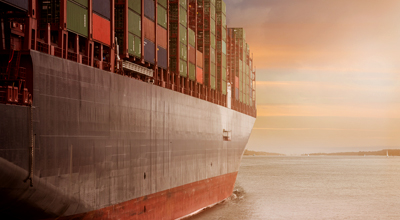
Image: Pixabay
The introduction of new sulfur limits on marine fuel has led to a 70% drop in shipping emissions, according to a statement from the International Maritime Organization (IMO) on January 28.
This drop in emissions was a “test of the preparations” that all interested parties had made before the rule came into force, the IMO said on its website.
The IMO 2020 decision reduced the amount of sulfur allowed in marine fuel oil from 3.5% to 0.5%.
In 2020, there were only 55 reported cases of 0.5% compliant fuel not being available, according to IMO's Global Integrated Shipping Information System (GISIS).
“Given that more than 60,000 ships negotiated the world's oceans last year, this was a remarkably low percentage of ships encountering difficulty in obtaining compliant fuel. We had a lot of preparation during 2019 and in advance of all interested parties and everything indicates that there were no significant problems with the supply of low sulfur fuel oil”, said Roel Hoenders, head of air pollution and energy efficiency at IMO.
Even during the COVID-19 pandemic, cargo ships continued to deliver goods and commodities, including essential food and medicines, across the world and the introduction and implementation of IMO 2020 did not cause disruptions to trade, IMO said.
{module Form RD}
The IMO said that the majority of ships trading around the world switched from using HFO to using very low sulfur fuel oil (VLSFO), which were new fuel oil blends produced by refineries to meet the new limit. , in accordance with IMO guidelines and ISO standards. The IMO said it has not received any reports of safety issues linked to VLSFO to date.
Some ships have also adopted exhaust gas cleaning systems (EGCS or 'scrubbers'), allowing continued use of HFO. This has been accepted under the MARPOL Convention as an alternative means of meeting the sulfur limit requirement. More than 2,350 EGCS have been formally reported to the IMO as an approved “equivalent method”.
Ships could also have engines that could use different fuels containing low or zero sulfur, such as liquefied natural gas or biofuels.
This text was automatically translated from English.
Source: Oils & Fats International (OFI)














